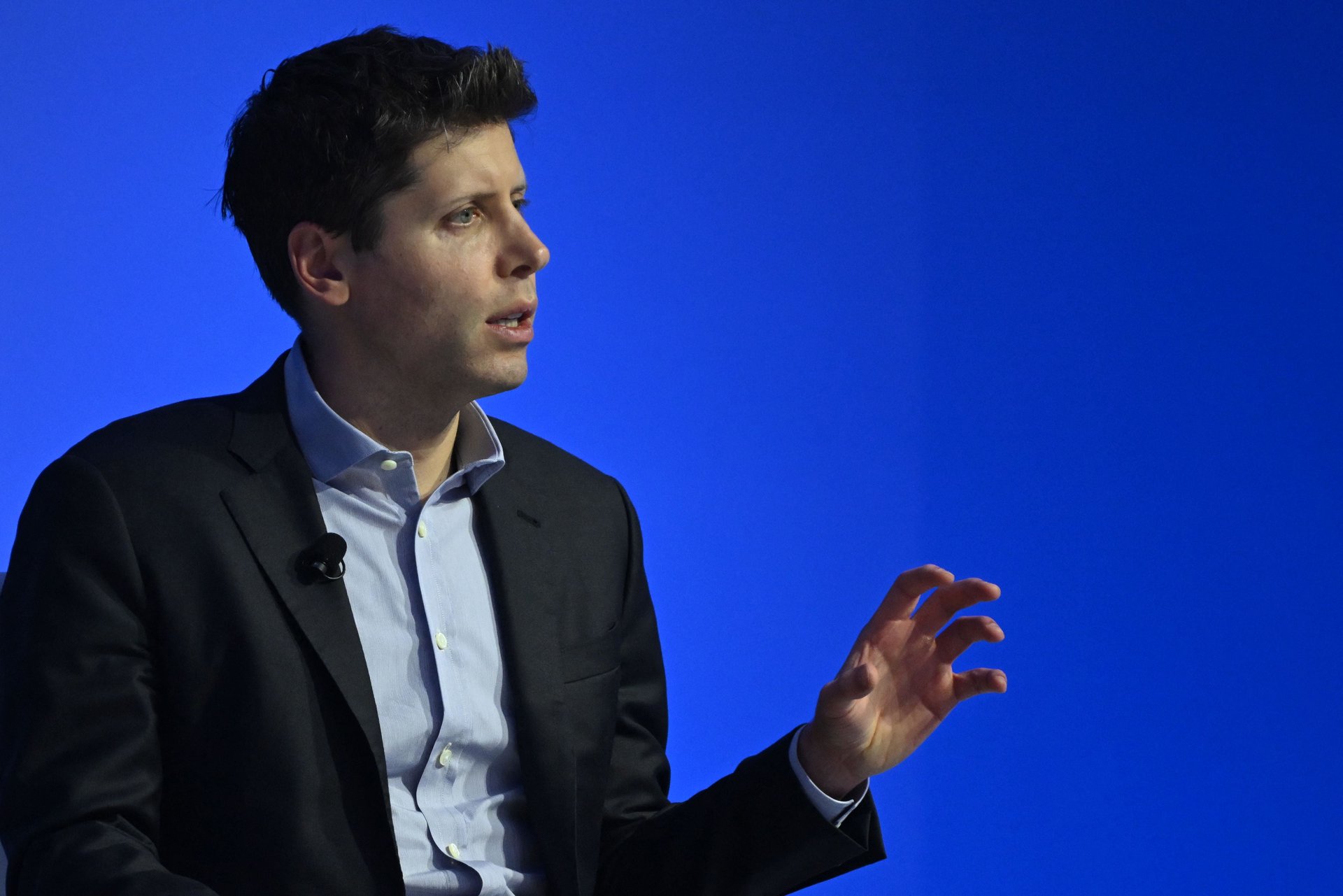OpenAI thinks it's worth more than $100 billion
The ChatGPT maker is reportedly discussing a new round of funding that would boost its valuation

OpenAI is looking to put a new price tag on its business: $103 billion.
Suggested Reading
The artificial intelligence startup behind popular chatbot ChatGPT is in talks with several investors to raise billions of dollars in new funding, which would value the company at more than $100 billion, The Wall Street Journal reported citing people familiar with the matter and company documents.
Related Content
Venture-capital firm Thrive Capital is leading the funding round with a roughly $1 billion investment, according to the Journal. Microsoft (MSFT) will also reportedly be contributing.
Over the past two years, OpenAI has become the most influential generative AI company on the market. Earlier this year, OpenAI chief Sam Altman said ChatGPT hit 100 million weekly users. It has spurred the genAI and chatbot boom with the success of ChatGPT, lighting the fire under Google and Microsoft’s seats to play catch up in what’s now a sprint to the top.
And OpenAI’s influence — and value — is continuing to snowball. A deal allowing employees to sell stakes in the company valued OpenAI at $86 billion late last year, nearly triple what it was earlier in the year.
At its current valuation, it holds the spot of the third-most valuable private company in the world, behind only TikTok parent ByteDance and Elon Musk’s SpaceX, according to market research firm CB Insights.
This latest funding round would be its single biggest raise since it received $10 billion in backing from Microsoft back in January 2023.
Ultimately, OpenAI is hoping to reach what’s known as artificial general intelligence, or AGI — a futuristic view of machines that can pretty much do anything just as well as humans. Last month, the company shared a five-level system it developed to track its progress with employees, with a spokesperson reportedly telling Bloomberg it was already at level two, “Reasoners.” That’s where AI that can perform basic problem-solving and is on the level of a human with a doctorate degree but no access to tools.
Critics, including former OpenAI employees, have warned, however, that the company and its ambitions pose “serious risks.” In May, OpenAI disbanded its “Superalignment” team, which was responsible for working on the problem of AI’s existential dangers. The company said the team’s work would be absorbed by other research efforts across OpenAI.
